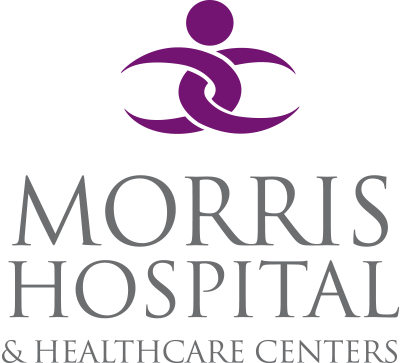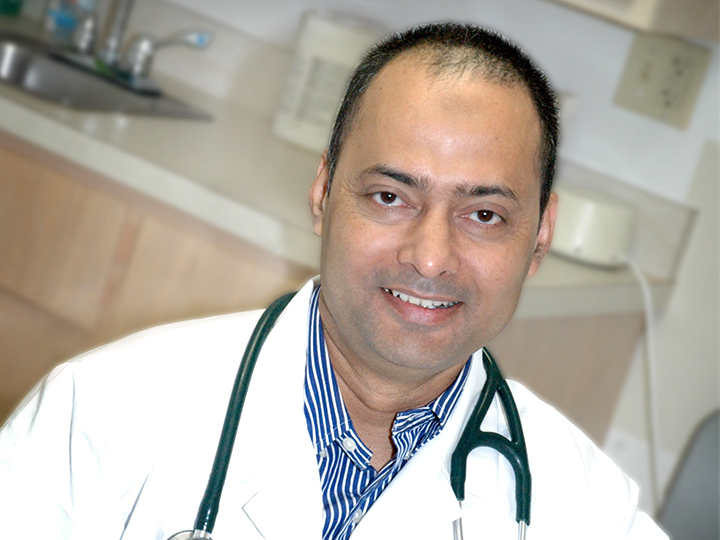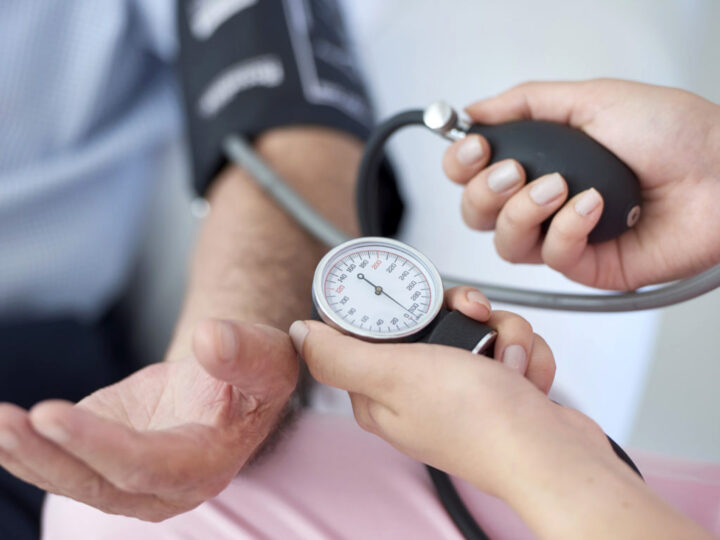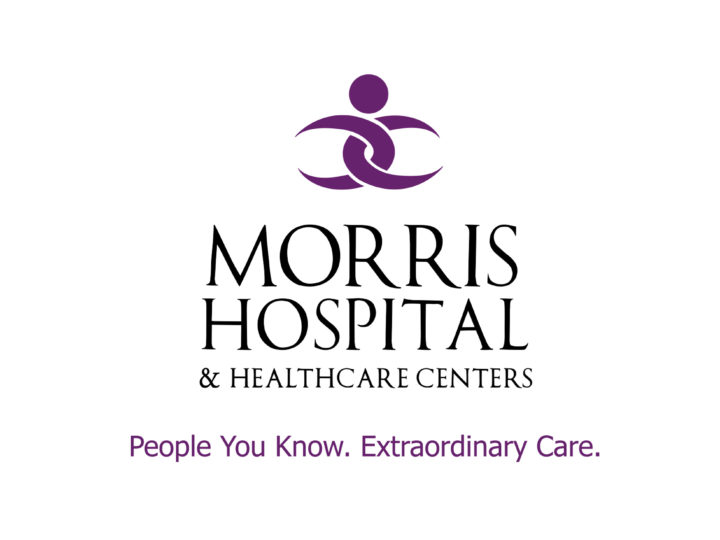Morris Hospital Cardiologist Talks About Women and Heart Disease
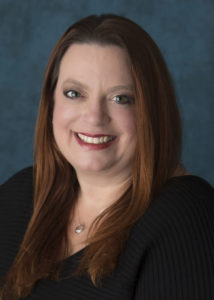 Board-certified cardiologist Dr. Mary Menz with Morris Hospital Cardiovascular Specialists encourages women to think about their hearts. While it should come as no surprise that cardiovascular disease is the No. 1 killer of both men and women in the United States, Dr. Menz says only one-half of women are aware of this risk.
Board-certified cardiologist Dr. Mary Menz with Morris Hospital Cardiovascular Specialists encourages women to think about their hearts. While it should come as no surprise that cardiovascular disease is the No. 1 killer of both men and women in the United States, Dr. Menz says only one-half of women are aware of this risk.
Spend a few minutes with Dr. Menz as she shares her insights into what women need to know when it comes to heart disease and what steps they should take now to prevent it.
Q: Why is it important for women to take their heart health seriously?
Dr. Menz: Heart disease remains the No. 1 killer of both men and women in this country. Even though we’ve had the spotlight on cardiovascular disease for years, still, only about half of women realize that heart disease is their No. 1 risk for death.
Q: In general, we’ve learned that prevention is the best approach to cardiovascular disease. What can we do to prevent heart disease?
Dr. Menz: I always tell patients the best thing they can do to prevent heart disease is to just have knowledge. Knowledge is definitely power. You need to know your numbers. You need to know what your blood pressure runs, and whether or not you have high blood pressure. You need to know what your cholesterol is, and whether or not you have normal cholesterol or abnormal cholesterol readings. You need to know what your blood sugar is, and whether or not you have diabetes. Those are the three most important risk factors for heart disease. Of course, if you’re a smoker, you need to know that you should quit. Knowing your numbers and talking to your doctor about ways to get any abnormal readings under control are extremely important in preventing future heart disease. Ultimately, it’s easier to prevent heart disease than it is to treat it once you have it.
Q: How serious of a problem is heart disease in women?
Dr. Menz: Heart disease is the No. 1 killer of women in this country. In 2019, according to the Centers for Disease Control, heart disease accounted for 301,000 deaths in this country, which is 1 in every 5 deaths in women. That means 20 percent of all deaths in women in this country are caused by cardiovascular disease. That’s a huge number.
Q: Are signs and symptoms of heart issues in women different than they are in men?
Dr. Menz: Many of the signs and symptoms are the same in women as in men. Obviously women can have chest pain or pain that radiates into their back, jaw or neck. But the most common presenting symptom for heart disease in women is actually overwhelming fatigue. That fatigue predates overt symptoms of chest pain or shortness of breath by often weeks to months. It’s not just your usual tired because most of us are tired. We have jobs, we have families and we have things we take care of. I’m talking about having to sit down and rest after doing a load of laundry because you are just exhausted. Or it can be getting through the work day, but by the time you get home you can’t do anything else because you’re so tired. If you’re experiencing that kind of fatigue, it is something you should take seriously and see your doctor because it can be a sign that you’ve developed cardiovascular disease. Shortness of breath is also common, especially with your normal daily activities. Assuming your laundry is in the basement and you go up and down the stairs to do laundry, and now all of a sudden you’re finding you have to work a little hard to do that, that’s an important warning sign.
Q: What can we do if we have risk factors for heart disease?
Dr. Menz: The best thing to do is work with your doctor to manage any risk factors that you have. As I mentioned before, managing blood pressure, diabetes, cholesterol levels and stress levels can be very important. You have to find healthy ways to cope with stress. Getting regular physical activity is extremely important. It’s something I can’t emphasize enough. I am a reformed couch potato, and now I exercise every single day. If you had told me a year ago that I would run three miles before work every day, I would have laughed. Since I’ve started doing it, I can’t begin to tell you how much better I feel. So getting that physical activity is hugely important. We really like people to get at least 2 hours and 30 minutes a week, which is 150 minutes. That’s just 22 minutes a day. You can do anything for just 22 minutes a day. Exercise is very important. Of course, our diet is extremely important, too. It’s important to choose healthy food and beverages and try to avoid extremely processed foods or things that have a lot of chemicals in them. Try to eat a diet that is more geared towards vegetables and fresh foods than meats. You don’t have to go completely vegan or vegetarian, but having a more plant-based diet definitely does decrease your risk for heart disease.
Q: So you’re talking about more than just eating your fruits and veggies?
Dr. Menz: It is beyond that. We’re in the Midwest, so it’s a hard thing to do, but make a choice to at least have your plate geared more towards vegetables and fruits while limiting the amount of meat that you eat. We know that red meat is bad for us, so it’s really important to limit red meat to even just once a month and try to choose fish whenever you can. Fish is one healthier option if you’re looking at continuing to maintain some sort of animal protein in your diet. The more plant based you get, the healthier your diet and the better it is for your cholesterol.
Q: Where do I start?
Dr. Menz: You can start by getting your blood pressure checked and having a blood test to check your cholesterol and glucose. Those are really important, simple things to do. And it just take a few minutes. Even if it means walking into a pharmacy and using an automated blood pressure cuff to see your blood pressure reading, that’s a good start and a step in the right direction.
Dr. Mary Menz is a board-certified cardiologist with Morris Hospital Cardiovascular Specialists. She see patients at office locations in Channahon (Morris Hospital Ridge Road Campus), Morris, and Ottawa. Along with Dr. Menz, the practice includes Dr. Syed Ahmed, Dr. Mostafa Ghanim, Dr. Athar Saeed, and Nurse Practitioner Sherese Pruss. To schedule an appointment, call 815-705-1000.
